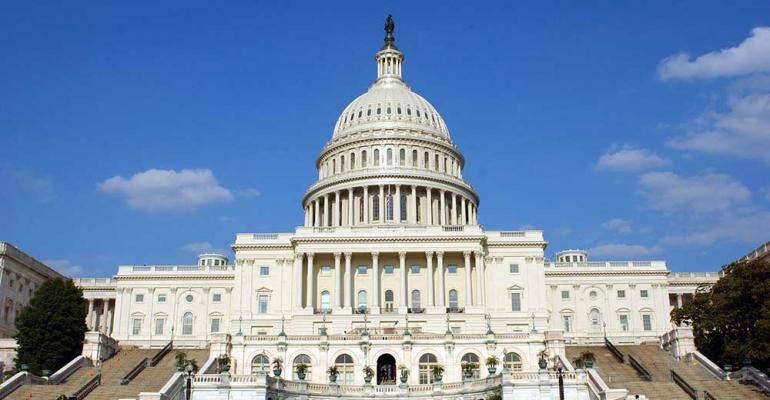In March 2021, we wrote about “Five Key SECURE Act 2.0 Provisions.” Great News! The bill, H.R. 2954—Securing a Strong Retirement Act of 2021, passed the House by a 414-to-5 vote on March 29, 2022, and is now awaiting approval by the Senate.
The Senate version of SECURE Act 2.0, S.1770—Retirement Security and Savings Act of 2021, has had no movement since it was introduced in May 2021. However, it includes provisions that overlap with some of those in the House version. In addition, both the House and Senate versions share the primary goals of expanding coverage, increasing retirement savings for Americans and making it easier for employers, participants and other stakeholders to understand the governing rules. This should make it easier for H.R. 2954 to get Senate approval.
As we wait, let’s look at some of the provisions not covered in my article “Five Key SECURE Act 2.0 Provisions.”
Allow for Employer Contributions to Roth 401(k) Accounts
Under current law, employer matching contributions may not be made directly to Designated Roth Accounts (DRAs). DRAs are Roth 401(k)s, Roth 403(b)s and Governmental Roth 457(b) accounts. Instead, matching contributions may be made only to traditional pretax accounts under 401(k), 403(b) and Governmental 457(b) plans. SECURE Act 2.0 would allow employers to amend their plans to permit employees to choose whether to have their matching contributions made to their traditional accounts or their DRAs.
What’s unclear is how these matching contributions would be treated for tax purposes. Under current tax law, matching contributions are excluded from an employee’s income until distributed. It’s my opinion that any matching contributions made to Roth accounts would be included in the employee’s income when made to ensure that those amounts are included in income for the employee—similar to how designated Roth contributions are treated.
Currently, an employee may move employer matching contributions to their DRA as in-plan Roth rollovers (conversions). Amounts in DRAs would benefit from tax-deferred growth, and the earnings become tax-free when qualified. In-plan conversion would be treated as taxable income to the employee.
Protection for Employees Who Receive Overpayments
It’s not uncommon for employees to receive overpayments when they receive withdrawals from employer plans such as 401(k)s and pension plans. If rolled over to IRAs, these overpayments must be distributed as return of excess contributions and would be subject to a 6% excise if not timely corrected. The 6% excise tax would continue to apply for every year the amount remains in the IRA.
Plan administrators are required to reclaim these overpayments, plus interest. These reclaims often occur years after the overpayments, creating financial hardship for the employees—many of whom are retirees living on fixed incomes.
SECURE Act 2.0 would allow plan administrators to decide not to recoup overpayments made to retirees. Limitations and protections would apply to safeguard innocent retirees when plan administrators choose to recoup overpayments. In addition, rollovers of overpayments would remain valid and therefore not subject to correction as return of excess contributions.
Broader Investment Options for 403(b) Plans
One of the disadvantages of 403(b) plans is that the investments are generally limited to annuity contracts and mutual funds. This prevents 403(b) participants from diversifying their investments and sometimes causes them to pay higher investment-related fees than qualified plans such as 401(k) plans. SECURE Act 2.0 would allow 403(b) custodial accounts to invest in collective investment trusts and amends the securities laws to treat 403(b) plans like qualified plans with respect to their ability to invest in collective investment trusts. Stipulations would apply, including that the 403(b) plan would be subject to the Employee Retirement Income Security Act.
SECURE Act 2.0 includes many other positive features, including some that would encourage small businesses to offer retirement plans to their employees by helping to defray startup administrative costs. These would be beneficial to employees, as small businesses employ most of American workers, and many of these small businesses avoid adopting retirement plans for their employees for varying reasons, including the cost of setting up the plan.
We’ll keep you posted on any developments.





